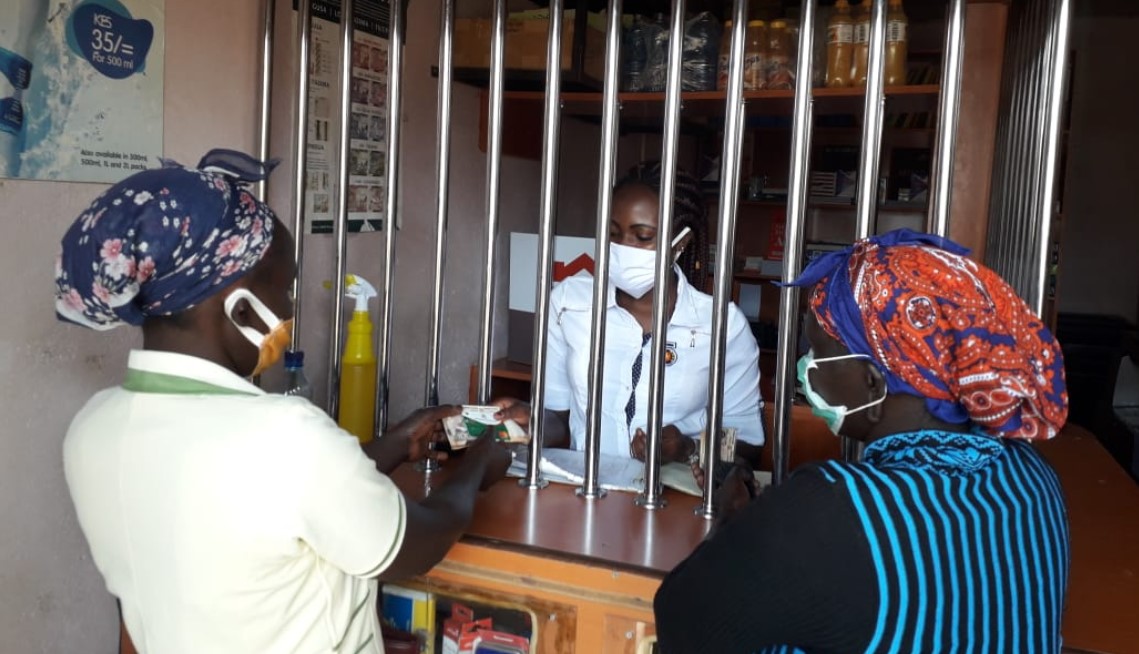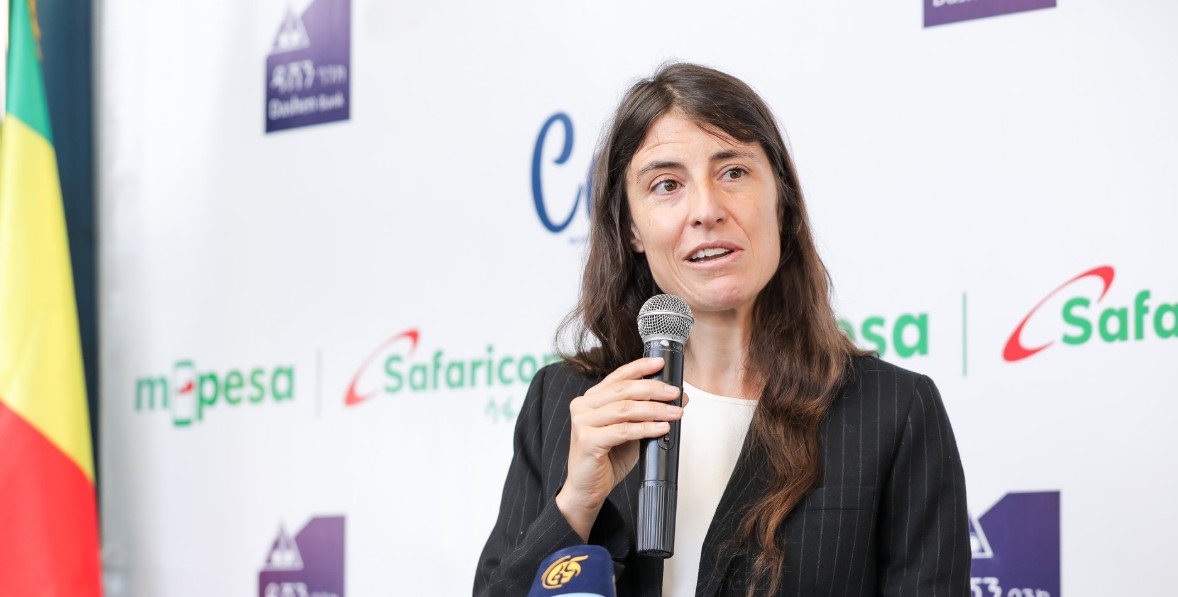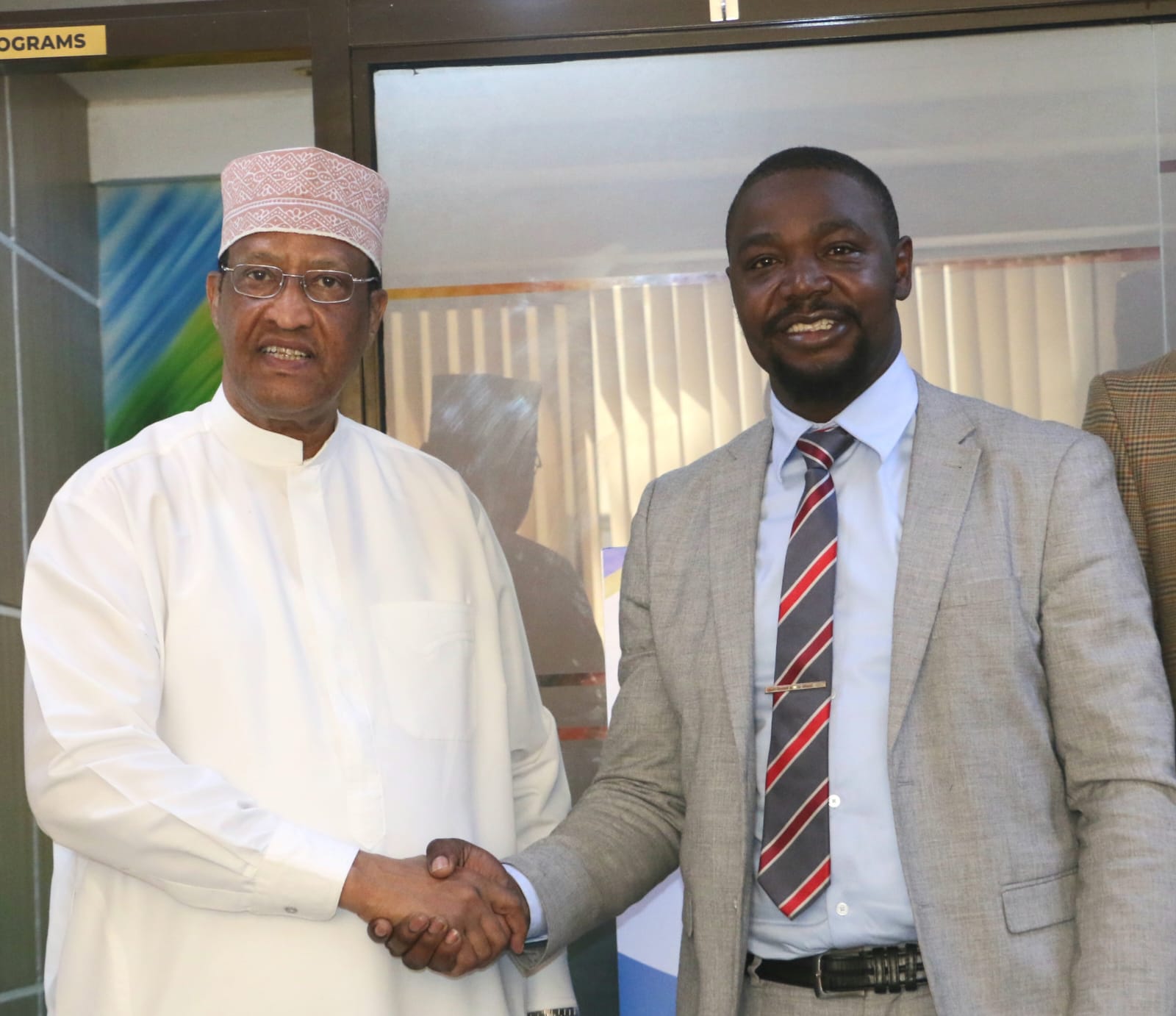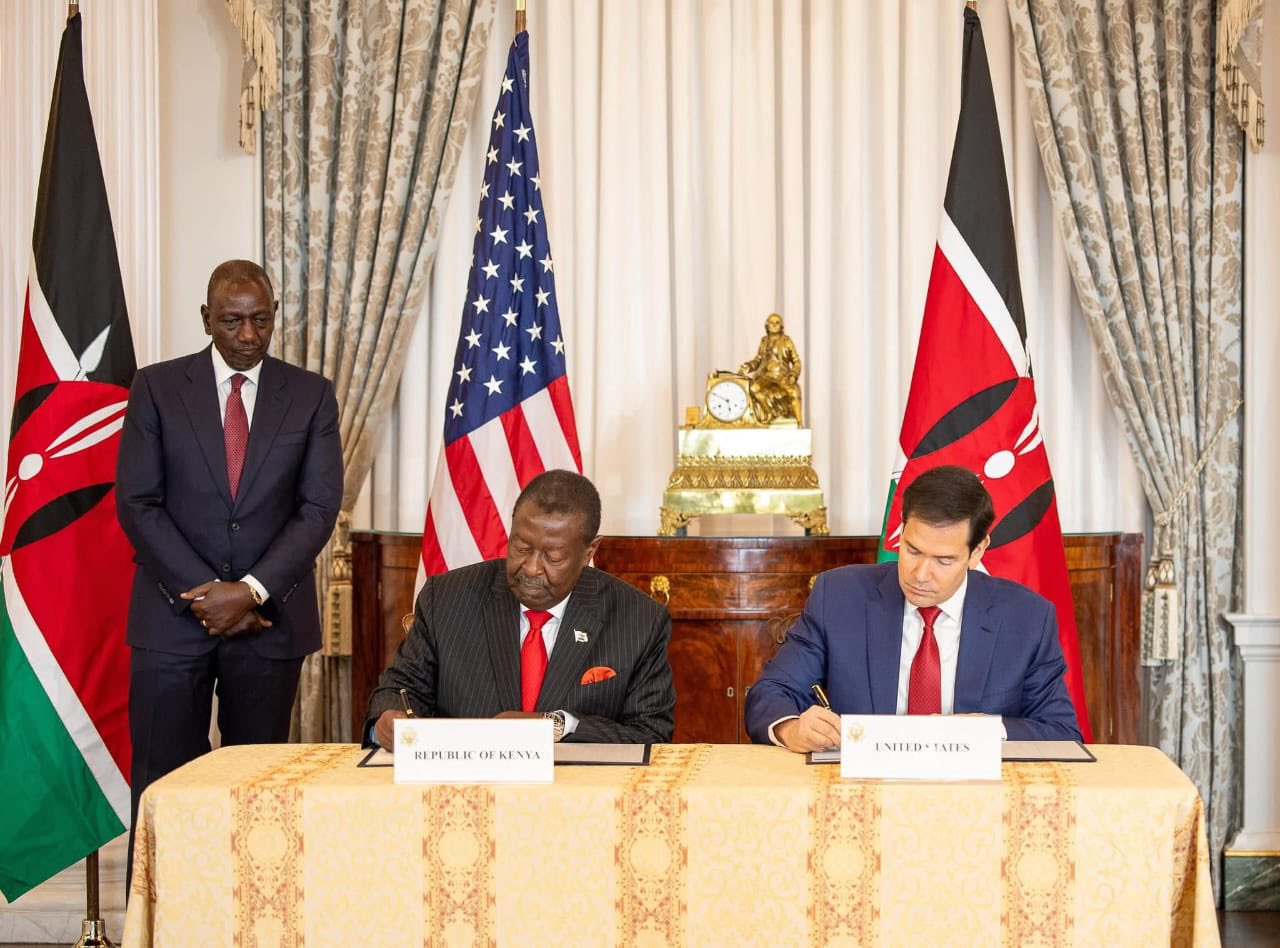State’s cash transfer programme not doing enough for the needy - Study

To effectively improve food consumption and dietary diversity, the policy experts argue that cash transfer amounts will need to be adjusted.
Researchers and policy experts are calling on the government to revamp the cash transfer mechanisms in the country to enhance social protection for the poor and vulnerable, ensuring their food security.
This is amid the shifting economic prospects and the ever-changing needs and growth in households’ numbers.
More To Read
- State urged to add 1.4 million people to social protection scheme ahead of the 2026/27 budget
- Hope for 439,000 families as government sends Sh878.8 million in Inua Jamii support
- Government disburses Sh880 million to support orphans, vulnerable children
- Over 1.2 million Kenyans to benefit from Sh2.4 billion Inua Jamii payout
- Three years of William Ruto: The successes and failures shaping his legacy as president
- Government disburses Sh1.78 billion to over 445,000 orphans, vulnerable children under Inua Jamii programme
The joint policy paper by the Kenya Institute for Public Policy Research and Analysis (Kippra), and Kenya National Bureau of Statistics (KNBS), says the current scope of Kenya’s cash transfers is not doing enough to improve the nutrition outcomes of the poor in needy regions.
It reveals the lack of needs-based targeting in the transfers. This aspect could provide higher amounts to households with greater needs, such as those with larger family sizes or specific nutritional vulnerabilities.
“The cash transfer amount influences beneficiaries’ ability to purchase sufficient and diverse foods. If cash transfers are sufficient to meet the food needs, beneficiaries increase their food spending and dietary diversity by 27.8 per cent and 0.22 index scores, respectively,” the policy paper says.
It also notes that the real value of cash transfers has decreased over time because of inflation.
“This necessitates the government to adjust the transfer values in line with changing socioeconomic conditions such as through indexation of the Consumer Price Index (CPI).”
For instance, the paper says households enrolled in the cash transfer to orphaned and vulnerable children to support the adoption and retention of orphaned and vulnerable children within their families and communities receive Sh2,000 every month based on a 2016 formula that considered the average income of the target group.
It adds that the government has aligned subsequent cash transfers for households enrolled in persons with severe disability and older persons enrolled in the older persons’ cash transfer (OPCT) programmes providing them with Sh2,000 every month.
Households in the hunger safety net programme are given Sh2,700 every month, a payment that was first set at 75 per cent of a World Food Programme food ration’s value in 2006.
“The uniform approach of providing a constant amount of Sh2,000 has two key shortcomings: first, it fails to account for the differing needs of each target group, and second, it does not adjust for changes in prices,” the paper reads.
“The value of these cash transfers has not kept up with inflation between 2010 and 2022. For example, a cash transfer of Sh2,000 set in 2011 has a real value of Sh874 in 2022 after adjusting for inflation using the annual Consumer Price Index.”
To effectively improve food consumption and dietary diversity, the policy experts argue that cash transfer amounts will need to be adjusted, targeted cash transfers implemented, and conditional cash transfers explored.
They add that implementation of a robust monitoring and evaluation framework needs to be established to track the impact of cash transfers on food security, nutrition and other relevant outcomes while identifying areas for improvement.
The government also needs to re-design the current national social security programmes to include a cash-plus element, they add.
Cash-plus programmes provide beneficiaries with complementary support, such as life skills training, reproductive health education, nutritional counselling and business grants.
Cash transfers refer to the most widely used social protection instruments aimed at improving nutritional outcomes for poor and vulnerable households.
They serve as a powerful tool for advancing multiple Sustainable Development Goals (SDGs), particularly those related to poverty, hunger, health, education, gender equality, and economic growth.
The government initiated cash transfer programmes in 2004.
Notably, the programmes have since evolved to national programmes covering various categories of beneficiaries across the lifecycle and in different situations and contexts.
Others include older persons’ cash transfer programmes, the hunger safety net programme and persons with severe disability programmes.
All the cash transfers form the national safety net programme which consolidates the government’s social protection delivery framework.
In 2017, the nutrition improvement aspect, through the cash and health education programme, was introduced to improve nutrition and protect vulnerable groups such as lactating mothers and children under two years old.
This programme was initially piloted in Kitui County in 2017/18 and further expanded currently to the four more counties of West Pokot, Marsabit, Kilifi and Turkana.
The programme targets beneficiaries of the national safety net programme (NSNP) with children under two years or lactating mothers.
Apart from these NSNP, other state and non-state agencies also provide cash transfers to identified vulnerable groups, including in humanitarian conditions. But these interventions tend to be short-term and respond to specific concerns, for example, seasonal flooding or severe drought.
Top Stories Today













































